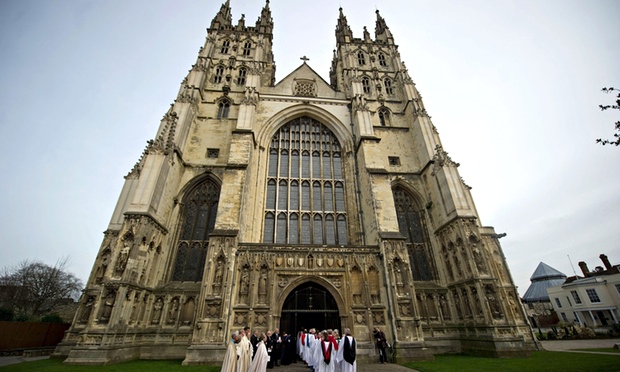The UK General Election is set for May 7 – the longest in advance any election has been declared, according to the House of Bishops’ pastoral letter (actually, a 56-page pamphlet) on the state of the political landscape and the responsibility of the church and the people to respond:
3 The General Election on 7 May 2015 is the first for which the date has been set so long in advance. We have an unprecedented opportunity to think through the issues that face the nation and to ensure that the concerns and insights of the Christian gospel are reflected in the debates that will help shape the outcome. This letter is intended to help church members and others consider the question: how can we negotiate these dangerous times to build the kind of society which many people say they want but which is not yet being expressed in the vision of any of the parties?
4 We are suggesting the trajectory for a new kind of politics – one which works constructively with a ferment of different ideas and competing visions. Although we have numerous specific concerns about particular issues in national life today – and will no doubt be developing those ideas in other places – here we want to move beyond flagging up lists of issues to dig deeper into questions about the trajectory of our political life and visions of the kind of society we want to be and which political life should serve. If anyone claims that this letter is “really” saying “Vote for this party or that party”, they have misunderstood it.
The letter voices concern over voter turnout, cynicism, and apathy; and names the 1945 and 1979 elections as examples of points in history where real visions were laid out, and real change accomplished:
33 Since the Second World War, two administrations have offered visions of society that “changed the political weather” – Clement Attlee’s Labour government of 1945 and Margaret Thatcher’s Conservative administration of 1979. The first responded to the discontents of the Depression in the 1930s and the socially unifying experience of the War to establish the National Health Service, to make free schooling available for all and to implement the Beveridge Report of 1942 which argued for a state welfare system to combat the “Five Giant Evils” of Want, Disease, Ignorance, Squalor and Idleness.
34 In 1979, the incoming Conservative government was pledged to facilitate individual enterprise and a market freed from state interference. Just as successive administrations between 1945 and 1979, Conservative as well as Labour, tended to regard the collectivist structures introduced under Attlee as part of a strong national consensus, so different administrations since that of Margaret Thatcher have treated the market-oriented and individualistic emphasis of her governments as part of the undisputed political landscape.
Various policy areas, from social welfare to immigration, economic debt and education, are touched upon in the encyclical. Entitled, “Who is my neighbour?”, the letter promotes community engagement as a tool for furthering the kingdom of God:
123 This letter is about building a vision of a better kind of world, a better society and better politics. Underlying those ideas is the concept of virtue – what it means to be a good person, a good politician, a good neighbour or a good community. Virtues are nourished, not by atomised individualism, but in strong communities which relate honestly and respectfully to other groups and communities which make up this nation.
124 Strong communities are schools of virtue – they are the places where we learn how to be good, how to live well and how to make relationships flourish. They build on the traditions through which each generation learns its national, local and family identity. Virtues are ways of living that can be learned, but which too many trends in recent decades have eroded. The religious life is not just grounded on belief in God – it is grounded in practices of prayer and service, through which people learn to reflect on the deep nature of themselves, others and the world at large, under God, and work together for greater human flourishing. This letter is about building a vision of a better kind of world, a better society and better politics.
125 Religious traditions like the Christian faith try to be repositories of virtue – ways for people to learn who they are, how they relate to each other and how they deal with difference and disagreement. The religious life is not just grounded on belief in God – it is grounded in practices of prayer and service, through which people learn to reflect on the deep nature of themselves, others and the world at large, under God, and work together for greater human flourishing.
A press release summarizes the letter and offers further links. The full text of the letter can be found here.
Posted by Rosalind Hughes

